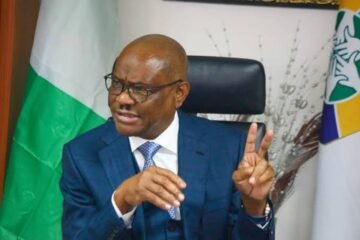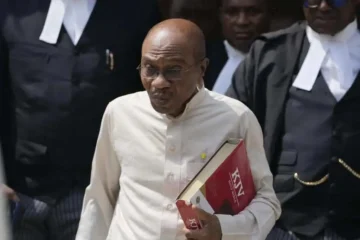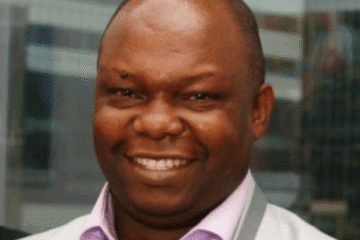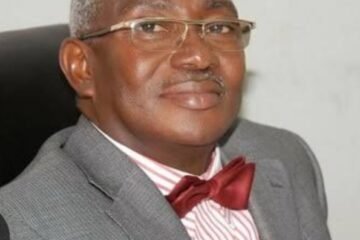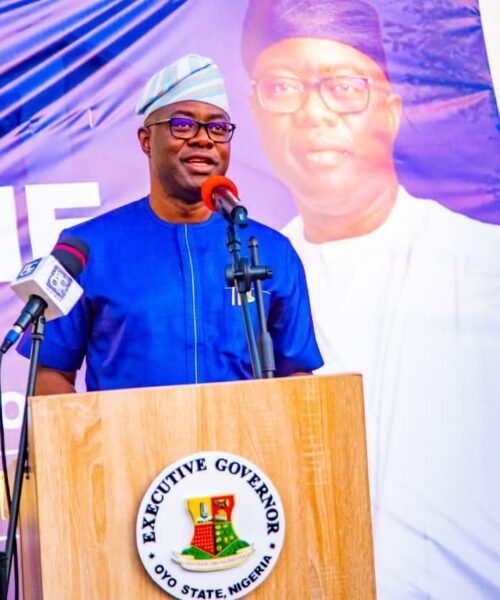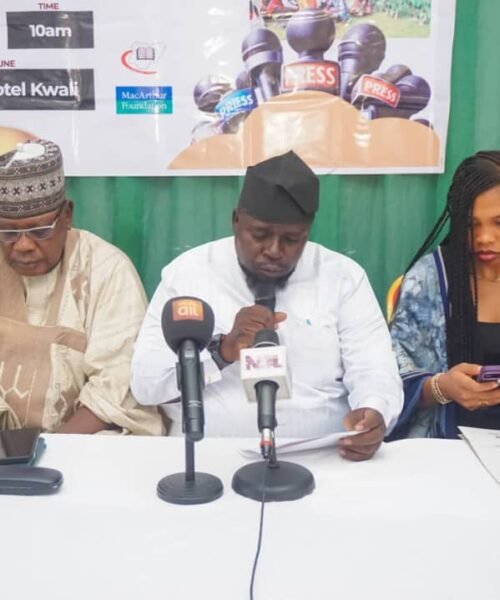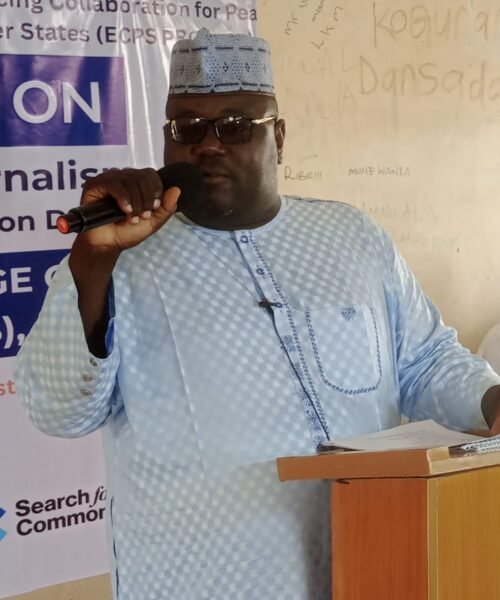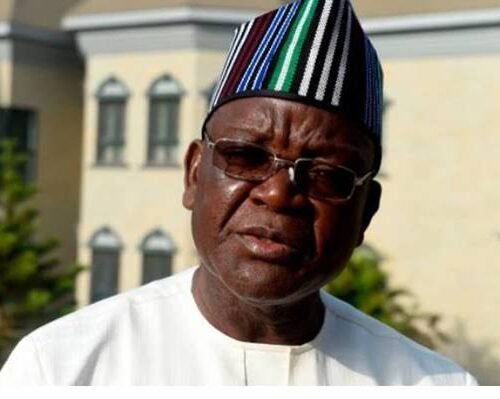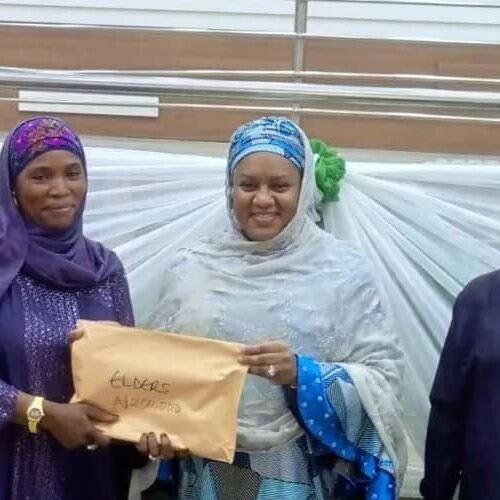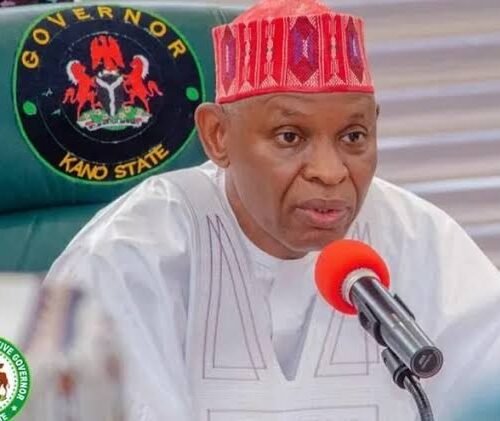Governor Siminalayi Fubara of Rivers State says lack of public accountability, weak institutions, passivity of citizens and civil society organisations are reasons Nigeria still gropes for good governance.
Fubara spoke at the 6th Yearly Lecture of SWAAYA Limited, Publishers of Freedom Online, on Thursday, in Lagos.
At the event, Fubara received the Governor of the Year 2024 Award.
The lecture tagged “Nigeria’s Socio-Political Challenges: Whose Fault, Leaders or the Led?,” brought together politicians and media experts, among others.
Fubara, who was represented by a former Deputy Governor of the state, Engineer Tele Ikuru, said that as long as citizens and civil society organisations remained passive, bad governance would continue.
There is a symbiotic relationship between leadership and followership.
“Leaders emerge from the same society they govern. If the people demand accountability, credible leaders are more likely to emerge.
“If citizens remain passive, bad governance will continue,” the governor said.
According to him, elected officials such as governors, legislators and other political appointees, have the mandate to serve the people and implement policies for national progress.
He said that people also had the power to influence leadership by making informed choices and holding leaders accountable for their actions.
Fubara said the country had battled several socio-political challenges, including economic stagnation, unemployment, corruption, over the years, saying it was time to change the narrative.
He decried electoral issues such as violence, rigging, and voter intimidation, saying the problems had constricted the space for the emergence of credible leaders.
Fubara also said weak public institutions, poor infrastructure, institutional failures had exacerbated governance challenges.
The governor frowned at tribal politics and lack of engagement of leaders, saying these had impacted the country’s democracy negatively.
“Instead of demanding good governance, some citizens support politicians based on ethnic or party loyalty rather than competence.
“Society often tolerates and even celebrates corrupt leaders, making accountability difficult.
“Many people do not actively engage with government policies, public hearings, or hold leaders accountable between elections,” he said.
Highlighting roles of the civil society and the media in exposing corruption and advocating for policy changes, Fubara said both leaders and citizens must take responsibility to address leadership challenges.
He said that public interest must be at the centre of public policy.
Calling for ethical leadership and improved electoral integrity, Fubara said that political parties must prioritise candidates with integrity and competence.
“In Nigeria, we must break the cycle of poor leadership and passive followership by fostering a culture of civic engagement and ethical governance.
“Foreigners will not fix Nigeria for us. Until Nigerians take full ownership of the country’s problems and solutions, the cycle of poor governance and underdevelopment will persist,” he said.
Corroborating, Senator Gbenga Daniel, a former governor of Ogun State, said most of the problems Nigeria was faced with had to do with poor leadership.
Also speaking, Professor Akinyemi Onigbinde, Executive Secretary, Centre for Policy and Development Studies, said politicians must begin to play their game the right way to strengthen democracy.
Also, the Aare Onakakanfo of Yorubaland, Chief Gani Adams, said that bad leadership and followership had affected the country’s progress.
Adams also called for strong opposition, saying no good governance could come out of any democracy with weak opposition.
Chief Olabode George, a former Deputy National Chairman of the Peoples Democratic Party (PDP) and Chairman of the occasion, while tracing the history of Nigeria’s social-political challenges, commended the guest speaker and publisher for the theme of the lecture.
He said if those in authority don’t initiate good policies, Nigeria will not experience good governance.
*Aside the headline, this piece and picture were first published in Freedom Online newspaper on Thursday, February 27,2025.


